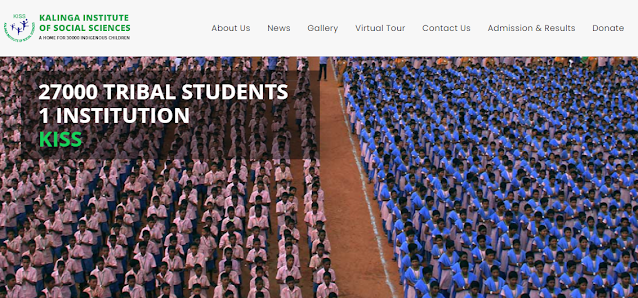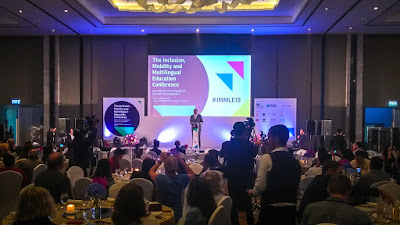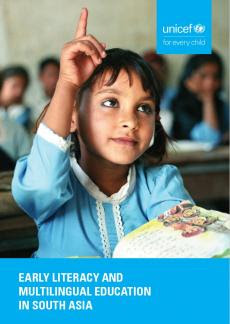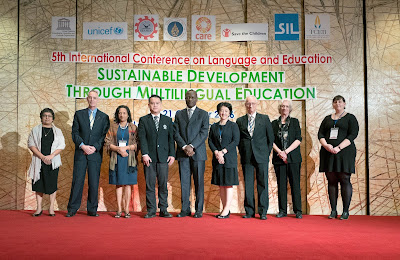Celebrating International Week of the Deaf
This week is the International week of Sign Languages. When I watched a few years ago the Oscar winning short movie " The Silent Child ", it made a big impression on me: everywhere in the world many deaf children grow up without a language at all. What a tragedy! In recent years more attention has been given to sign languages. Including in India. Still we have a long way to go! The International Day of Sign Languages , observed on September 23, promotes awareness of sign languages in ensuring equal rights for the deaf community and the last week of September is observed as the International week of the Deaf . This year’s theme for the International Day of Sign Languages highlights inclusivity and accessible communication for all. According to the World Health Organization (WHO), about 63 million people in India have significant auditory impairment, which is roughly 6.3% of the population. The National Education Policy 2020(NEP 2020) recognizes the importance of prom...














